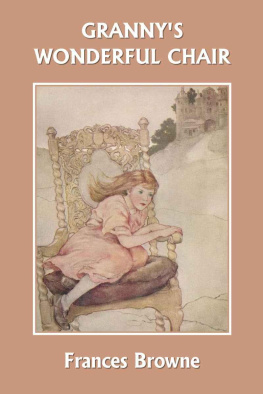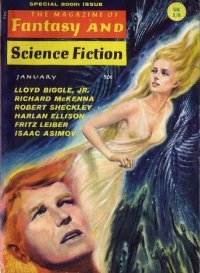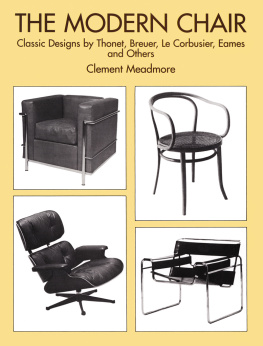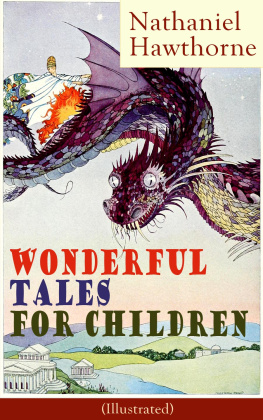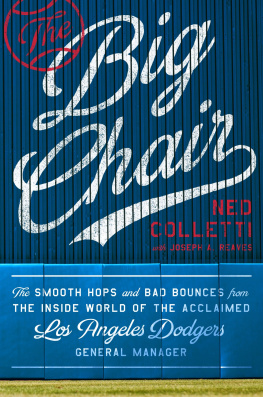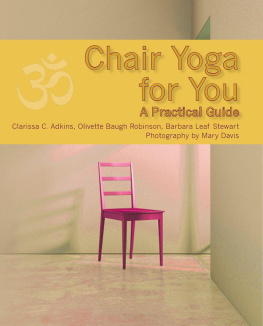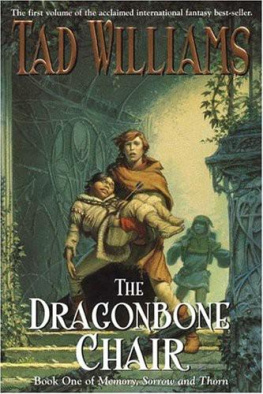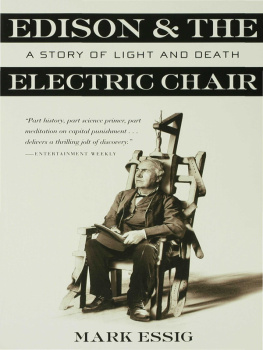Granny's Wonderful Chair
by
Frances Browne
Yesterday's Classics
Chapel Hill, North Carolina
Cover and Arrangement 2010 Yesterday's Classics, LLC
All rights reserved. No part of this book may be reproduced or retransmitted in any form or by any means without the written permission of the publisher.
This edition, first published in 2010 by Yesterday's Classics, an imprint of Yesterday's Classics, LLC, is an unabridged republication of the work originally published by E. P. Dutton & Co. in 1916. This title is available in a print edition (ISBN 978-1-59915-069-7).
Yesterday's Classics, LLC
PO Box 3418
Chapel Hill, NC 27515
Yesterday's Classics
Yesterday's Classics republishes classic books for children from the golden age of children's literature, the era from 1880 to 1920. Many of our titles are offered in high-quality paperback editions, with text cast in modern easy-to-read type for today's readers. The illustrations from the original volumes are included except in those few cases where the quality of the original images is too low to make their reproduction feasible. Unless specified otherwise, color illustrations in the original volumes are rendered in black and white in our print editions.
Preface to New Edition
Years and years ago there lived, in a certain town a poor old blind woman. All her friends and neighbours pitied her because she was poor and blind.
But if they had only known it there was no need for pity. They might well have envied her instead, for this old woman had the gift of magic, and because of her magic her blind eyes could see farther and clearer than any other pair of eyes in all the town. She could see hidden things; the things of fairyland, and of the world beyond this.
As to her being poor, that mattered little to her. Why should she care for money or lands, or fine coaches to ride in, when all she had to do was to wish it, and away she could go into fairyland. There she could wander at will over shining meadows, through shadowy forests, and by softly-flowing streams, and never weary with the travelling however far she went. Or she could enter great palaces and see about her everything that was magnificent, and know that all of it belonged to her for as long as she cared to stay there. And the best of it all was that these fairy riches would never waste away; the gold would never tarnish, nor could the years dim the sight of her enchanted eyes.
The old woman never hoarded away what she possessed. She was always ready to share her magic with others, and the children used to come to her as they might to a fairy godmother. They quickly learned to know what a wonder-worker she was. Then, if they were good little children, she would take them by the hand and lead them away with her into the enchanted lands. They had no need for shoes to their feet nor hats for their heads, and however far away they went their mothers had only to call to them and the old woman could have them back home again in a twinkling.
Do you wish you could have known that old blind woman, and have gone with her into fairyland?
Years and years ago it was that she spun her magic, but the magic is not all gone yet.
Open the covers of this book and let your thoughts step inside as though through an open door. Now open your mind's eyes and look about you. Why here sits the very old woman herself. With blind but seeing eyes she spins her shining threads as of old from a magic distaff that is always full.
If you like she will take you by the hand and lead you away into the enchanted country whither she led other little children years ago when your parents and your grandparents were young. There you will find the same people they found, and see the same sights they saw.
The wonderful carved chair they followed over hill and dale still moves as fast as ever on its magic rollers. The cushion is still in it, and the velvet cover has neither worn nor faded.
Little Snowflower is not a day older for all the years that have passed by since then. The Princess Greedalind, alas! has not grown one whit gentler or less selfish. She still sits there on her throne like an ugly toad bedecked with jewels, demanding everything, and quarrelling with everyone who will not give her what she wants.
Merrymind and Fairyfoot, Childe Charity and the old Shepherd who piped his sheep into wolves and back again at will; they are all there in that enchanted country of the book.
And it is not fields and forests and castles only that the old woman can show you. She can take you down under the depths of the ocean, too, if you like.
Then all is still and strange and muffled by the deep waters overhead. Out from a hidden cave steps the merman trailing his heavy, fishy feet. His garments rustle like the rustle of snakes twisting upon each other, and his hands and arms are crusted with rings and bracelets. His daughters are beautiful, but their eyes are pale and green, and they have but little more warmth or feeling than the fishes that move about them. Such a wealth of treasures as the merman has stored away in his coral caves if you care to look. But they are only to look at and not to touch or you will be in his power for ever.
All the sights of earth and sea, and many other wonders, too, the old blind woman can show you.
And now she has laid aside her distaff and she holds out her hand to you. Are you ready? Do you care to go? Then take hold of her fingers and let us be off into the world of magic and enchanted things.
Katharine Pyle.
Preface
The writer of "Granny's Wonderful Chair" was a poet, and blind. That she was a poet the story tells on every page, but of her blindness it tells not a word. From beginning to end it is filled with pictures; each little tale has its own picturesque setting, its own vividly realised scenery. Her power of visualisation would be easy to understand had she become blind in the later years of her life, when the beauties of the physical world were impressed on her mind; but Frances Browne was blind from infancy. The pictures she gives us in her stories were created, in darkness, from material which came to her only through the words of others. In her work are no blurred lines or uncertainties, her drawing is done with a firm and vigorous hand. It would seem that the completeness of her calamity created, within her, that serenity of spirit which contrives the greatest triumphs in Life and in Art. Her endeavour was to realise the world independently of her own personal emotion and needs. She, who, out of her darkness and poverty, might have touched us so surely with her longing for her birthright of light, for her share of the world's good things, gives help and encouragement to the more fortunate.
In reading the very few details of her life we feel the stimulation as of watching one who, in a desperate fight, wins against great odds.
The odds against Frances Browne were heavy. She was born at Stranorlar, a mountain village in Donegal, on January 16, 1816. Her great-grandfather was a man of considerable property, which he squandered; and the younger generation would seem to have inherited nothing from its ancestor but his irresponsibility. Frances Browne's father was the village postmaster, and she, the seventh in a family of twelve children, learning privation and endurance from the cradle. But no soil is the wrong one for genius. Whether or not hers would have developed more richly in more generous surroundings, it is difficult to say. The strong mind that could, in blindness and poverty, secure its own education, and win its way to the company of the best, the thoroughly equipped and well tended, gained a victory which genius alone made possible.

